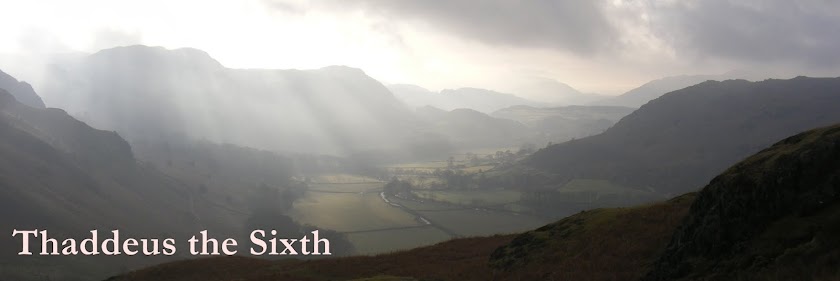This is a work of
historical fiction, based on the downfall of the Han dynasty in China
(which lasted from around 200BC to 200AD). A word of warning: the
book is hefty. There are various editions, the one I read (published
by Foreign Languages Press and translated by Moss Roberts) was in
four volumes and over two thousand pages long.
The plethora of names,
some of which are very similar, can be a bit much to handle, but this
also means that when you’re some way into the book the call-backs
to earlier chapters allow for a complex, interwoven story (when
a character saves another’s life, that may well have repercussions,
good or ill). It also means a lot of characters get some depth.
Despite the number of
characters, I never found the story too difficult to follow because the
style is quite simple (and where things aren’t obvious, notes will
explain). The large size of both the book and the period covered
enables dramatic changes to happen both to characters and the
kingdoms. Twists, treachery and death all happen with pleasing
frequency.
It seems to follow
history quite closely, and the notes make plain when this isn’t the
case. Magic and supernatural things happen infrequently, more
commonly supernatural explanations are given to natural phenomena (a
helpful rain shower extinguishing fire, for example).
It could have done with
a good proof-reading. The typos never caused me any confusion but,
even given the book’s length, there are more than might be
reasonably expected.
There are extensive
endnotes, which range from the concise (explaining what date, in the
Christian calendar, is being referred to in the text) to the lengthy.
I generally found these to be useful and interesting (although I
prefer footnotes to endnotes).
If you’ve read
Journey to the West, or Outlaws of the Marsh, this should be to your
liking (it’s more political than those books, however). If you’ve
not read those, I’d advocate checking a sample just to see whether
the style is something you like or not.
This is my second time
reading the book, and I liked it rather a lot, more than the first
time. The ebbing and flowing of power to and from the various
factions and main characters, and the fact events occurred more or
less as in the book, makes it deeply engaging.
Thaddeus


